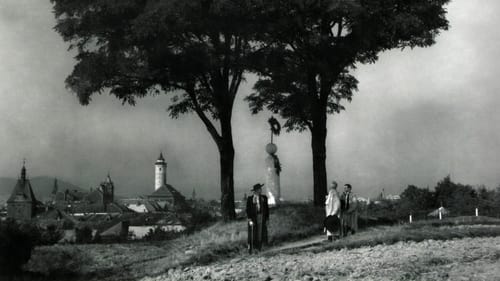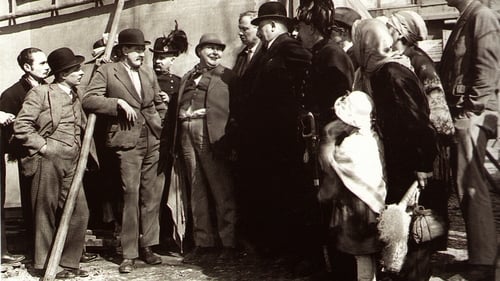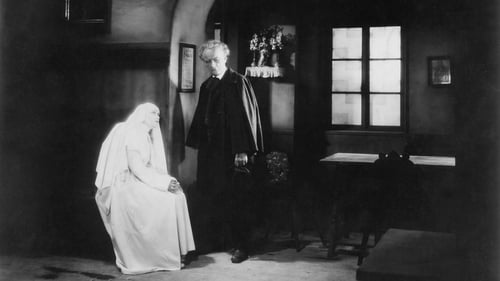
Bulovec

Jánošík has been topic of many Slovak and Polish legends, books and films. According to the legend, he robbed nobles and gave the loot to the poor. The legend were also known in neighboring Silesia, the Margraviate of Moravia and later spread to the Kingdom of Bohemia. The actual robber had little to do with the modern legend, whose content partly reflects the ubiquitous folk myths of a hero taking from the rich and giving to the poor. However, the legend was also shaped in important ways by the activists and writers in the 19th century when Jánošík became the key highwayman character in stories that spread in the north counties of the Kingdom of Hungary (present Slovakia) and among the local Gorals and Polish tourists in the Podhale region north of the Tatras.

hajný

Minister
Король Пуэрто-Рико - Фернандо XXIII, просит известного детектива Холмса достать ему двойника, потому что боится покушения. Холмс находит в Бродеке, Моравия, печально известного должника Франтишека Леличека, который похож на яйца и яйца для короля. Леличек, преследуемый кредиторами, принимает предложение. Красивая и молодая королева отказалась уйти в безопасное изгнание со своим трусливым мужем, и Леличек энергично берёт на себя его роль.

(uncredited)

The case of Colonel Redl -- an officer blackmailed into spying by virtue of his homosexuality.

In "Fidlovacka", the name of a Czechoslovakian festival, the proprietress of a cheese factory picks a fiancé for her orphaned niece in her desire to bring aristocratic blood into the family. THe niece has also picked the man she wants to marry and isn't the the rich aristocrat.

St. Wenceslas (Czech: Svatý Václav) is a 1930 Czechoslovak historical film about Saint Wenceslas.[2] It was the most expensive Czech film to date,[3] with the largest set constructed in Europe to accommodate an all-star cast of over a hundred, together with 1,000 extras for the lavish battle scenes.

Klara's Father
The most important silent film by director Martin Frič. Poet Vitezslav Nezval did scenographic modifications to the original story by Václav Wasserman. Film producer Jaroslav Stransky didn’t witness premier; because of fear of financial collapse, he killed himself.

Rudolf Měšťák’s silent film The Prague Executioner, based on the novel of the same name by Josef Svátek, is a historical tale of love, betrayal and revenge. The screening of the restored 35 mm copy, coloured in accordance with the original tinting and toning process, will be accompanied by music from an ensemble headed by musicologist and composer Vlastislav Matoušek.

Prince Windisch-Graetz
A biographical story about significant Czech dramatist, writer and actor Josef Kajetán Tyl.

The Czech Film Archive and Filmarchiv Austria both hold the film in their collections.






